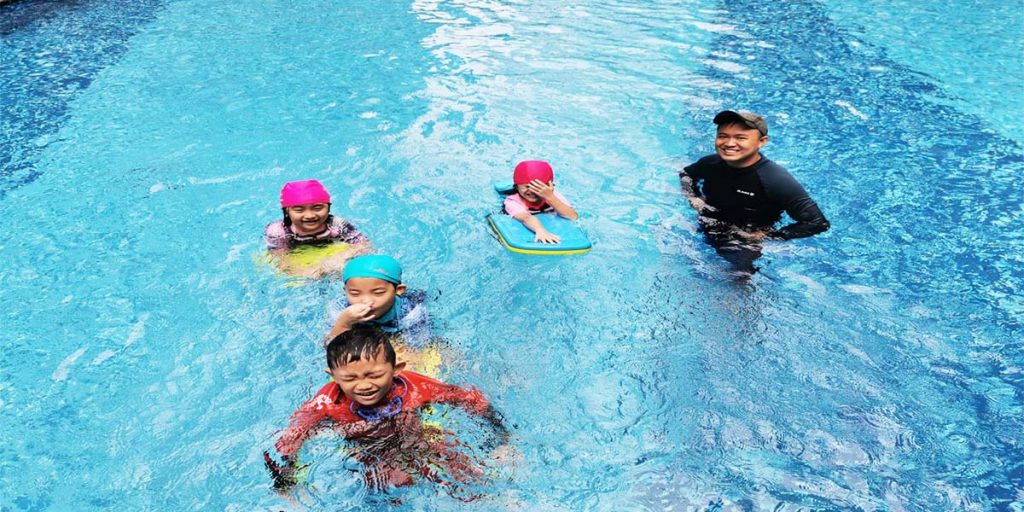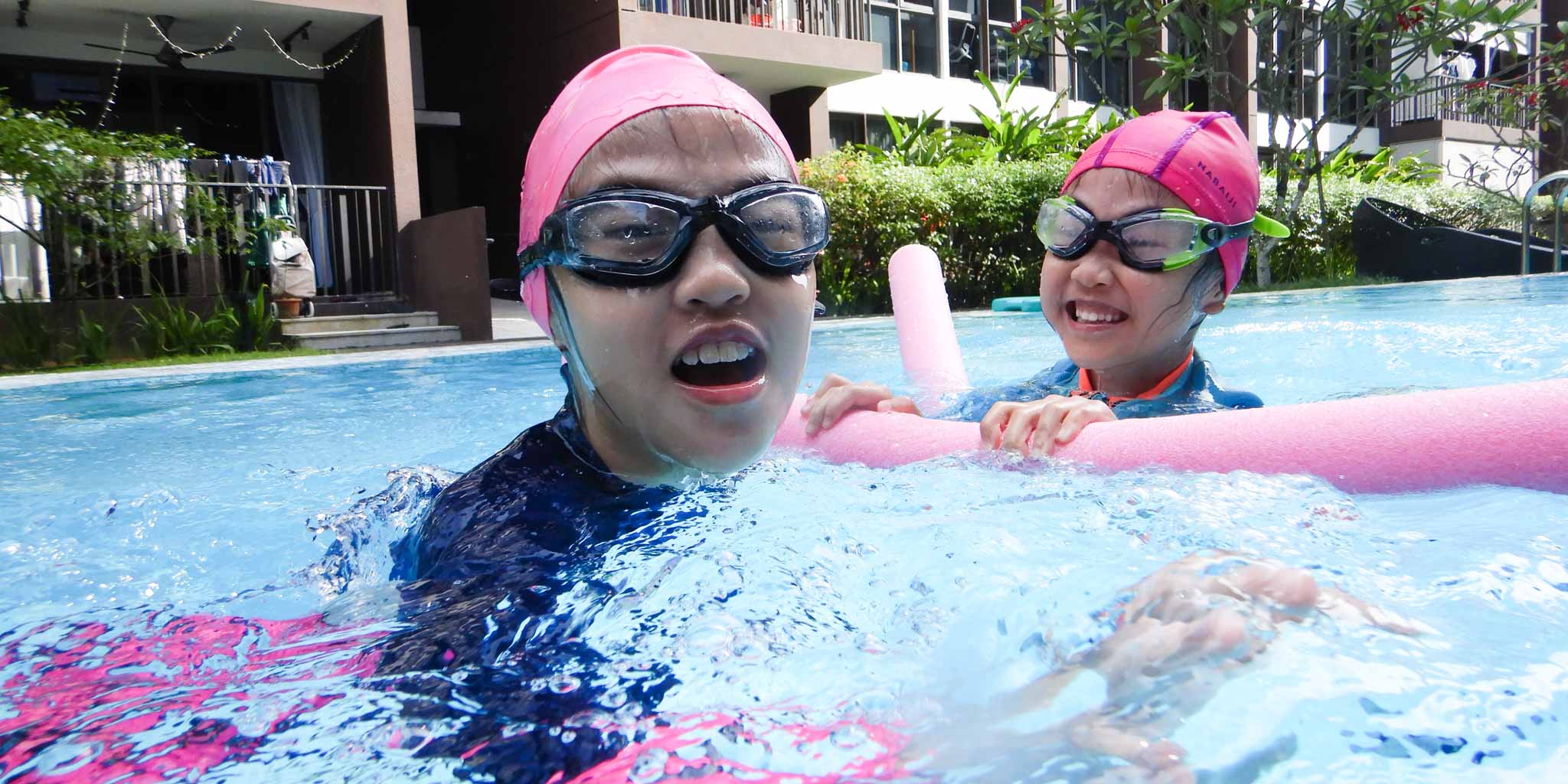
TEN TIPS YOUR CHILD’S SWIMMING INSTRUCTOR WOULD LIKE YOU TO BE AWARE OF
Learning to swim is an exciting journey that teaches your kid a valuable life skill (and it’s also a lot of fun!). However, some wonderful and compassionate swim school teachers out there can help you develop that life skill.
Swimming teachers like instructing children on how to swim! While their swimming classes pupils are your children, swim, school instructors want you to know a few things.
The following are 10 points your child’s swim school teacher wants you to be aware of:
- Children develop in unique ways and at their speed. We like watching toddlers swim like a fish! Some leap immediately in, while others take a little longer to warm up. It takes time to develop the strength and confidence necessary for swimming classes. Recognize that your kid is trying their best, which will appear different from the best of others.
- Fear spreads like wildfire. Make an effort not to display any fear of the water. Frequently, parents, particularly those who are not proficient swimmers, pass on their worries to their children. Avoid discouraging your child’s drive to study with your words or body language. Swimming is enjoyable, and when taught by a caring teacher, it may develop into a life skill that can be developed upon and enjoyed for years.
- Decline arm floats and nose plugs. Wearing “floaties” might give children an inflated feeling of their ability in the water, and it is preferable to avoid them during the earliest stages of learning. Nose plugs prevent students from “breathing” bubbles into the water, a necessary initial step in swim instruction.
- Observing rather than participating in a swimming class, parents should refrain from engaging their children or instructors during training. Instead, the swimming teacher and kid must maintain a singular concentration on the session to maximize the experience and ensure safety.
- Children acquire knowledge via play. Therefore, we purposefully add plenty of play and enjoyment into our swim classes. Experts in early childhood development agree that play is critical for physical and cognitive development. When learning is enjoyable, retention increases, anxiety decreases, and progress speeds up. Everything your kid does in class is for a reason. Thus, even when it seems that the class is “merely” diving for sinkies or “merely” singing and splashing on the island, genuine learning is occurring.
- Trust is critical, so help your kid establish it with their teacher. Recognize that when the swim school teacher spends significant time conversing with and/or holding the youngster, this fosters the required trust for the child to advance. Trust is not developed in a few classes; it is developed gradually with care and compassion. Children must develop a trusting connection with their swim teacher to learn and grow. As a result, do not be shocked if learning seems to be sluggish at first. The instructor establishes a good connection with your kid before asking them to do anything out of their comfort zone. Our primary teaching philosophy is to “first love them and then teach them to swim.” Some youngsters arrive for swim classes with anxiety and dread of the water, while others are eager to jump in. It is critical that kids feel secure and nurtured in their surroundings in any situation. There will be significant physical growth when there is a solid teacher-student relationship.
- Do not force your child into the water. Some youngsters need observation before they feel secure enough to participate in the classes, which is OK. Establishing trust, particularly when it comes to swimming, is critical for young children to relax and master the skills they are being taught. We all have our off days! When it comes to advancement, we urge patience. It is natural for your youngster to be weary, disobedient, or unhappy during a class. We believe it is critical to read and listen to the needs of each kid. Ignoring a child’s emotional preparedness undermines trust and sabotages growth. Our instructors understand when to push your kid and back off and assess their preparedness. While it may seem that they are not doing much on an “off” day, learning is still occurring.
- Kindly keep your kid at home if they are unwell. If in doubt, err on the side of caution and speak with swim school customer service about “makeup classes.” It is preferable if you tell the swim school as soon as possible. We will miss having them in class, but we like it when they are feeling their best during their swimming sessions.
- At home, reinforce the skills your kid learns during swimming classes. The more time they spend in the water, the more comfortable and confident they will become, which will result in more success. If you’re unsure about the skills you feel comfortable teaching at home, ask — we have lots of suggestions!
- Commit to being punctual and attending consistently. It is critical to listen to and assist the swim school teacher at all times. Swimming lessons are a commitment that must be kept, and we understand that it is not always easy with today’s hectic schedules.
We understand that enrolling your children in swimming lessons requires both the parent and the youngster to commit.
Therefore, you and us must provide a caring, loving, and trustworthy environment where your kid may grow and develop. Contact us immediately if you have any queries regarding our children’s swimming classes or swim school teachers.
Subscribe
0 Comments


